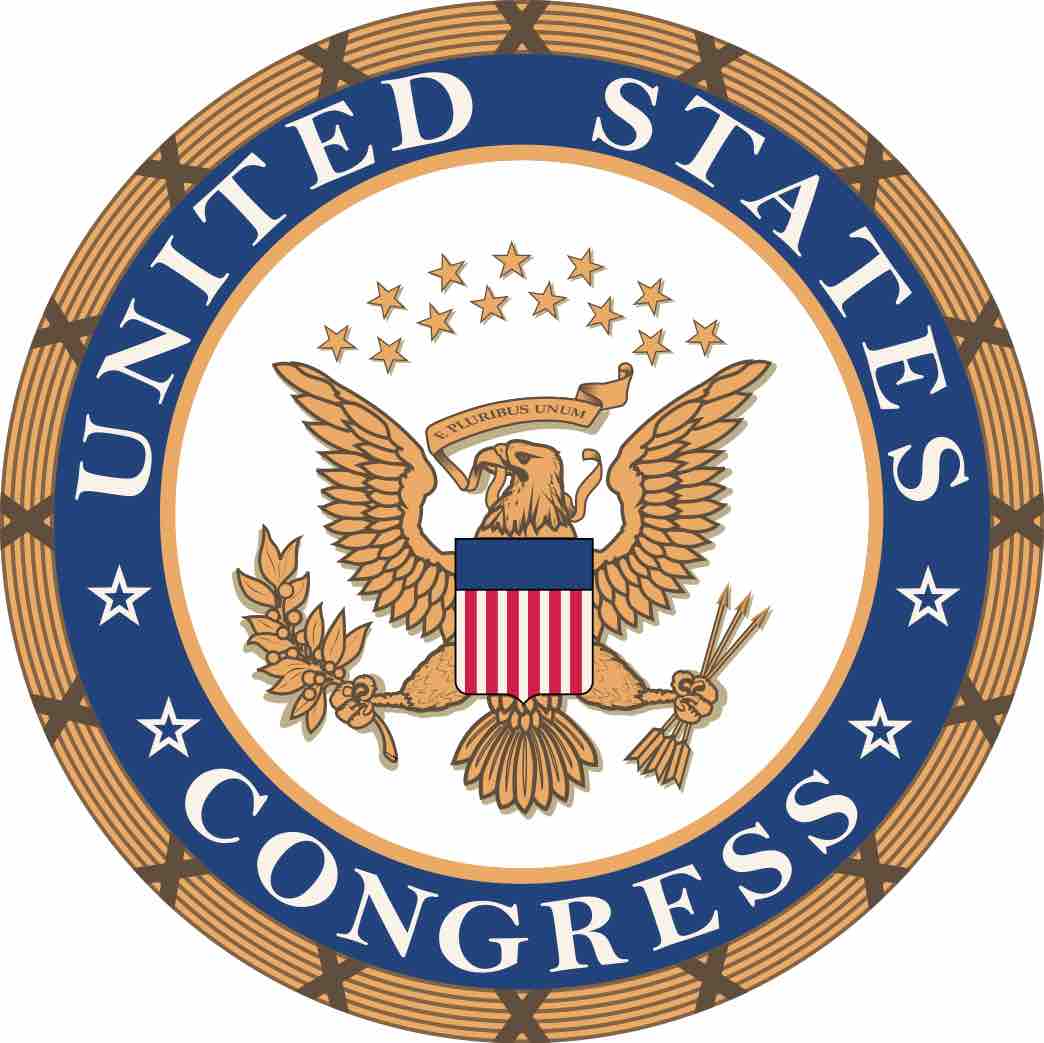Checking the Power of the Governing Party
The Democratic and Republican Parties can check the power of the governing party by holding seats in the legislative branch of the government. The legislative branch of the United States government is composed of the Senate and House of Representatives. The Senate has the power to consider presidential appointments of judges and executive department heads. It also has the ability to ratify treaties. The House of Representatives has the ability to impeach and the Senate may remove executive and judicial officers. The legislative branch can also check the governing party by starting investigations against the executive branch. The House and Senate may, additionally, override presidential vetoes and have the sole power to declare war.
If one political party holds the executive branch of government then another political party can check the power of the executive branch by holding a majority of seats in the legislative branch . Several examples exist throughout history of this scenario. One such example can be found from the Obama administration in 2010. While the Democratic Party occupied the executive branch, the Republican Party held the majority of seats in the legislative branch. This division of parties between the executive and legislative branches impairs the ability of the president to enact policies, since the legislative branch must first approve these policies. At the same time, the president can veto legislation passed by Congress. The tendency of the Democratic Party to embrace a more active government role in the lives of citizens versus the tendency of the Republican Party to favor limited government intervention in citizens' lives, highlights the difficulties that arise when a divided government exists.

Congress
The U.S. Congress holds legislative power.
Checks and Balances
While the checks and balances system between the executive, legislative, and judicial branches prevents any one branch from becoming tyrannical, this system has also been criticized for maintaining the status quo in government rather than promoting changes. There is a strong possibility for disagreement and conflict within the legislature and between the branches.